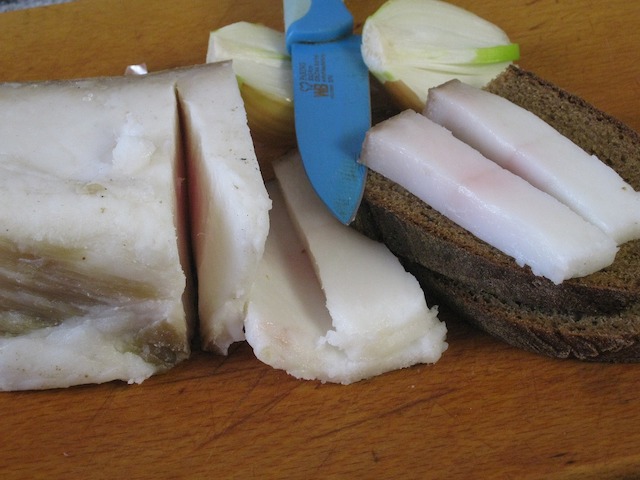Fat is an essential nutrient that is needed by the body to function properly. It is important for the absorption of vitamins, hormone production, energy production, and the maintenance of healthy skin and hair. However, in recent years, there has been a trend towards fat-free diets as a means of losing weight and improving health. While a fat-free diet may seem like a good approach to weight loss and improved health, it can actually have the following negative effects on the body:
Lack of Essential Nutrients:
One of the biggest concerns with a fat-free diet is the lack of essential nutrients that the body needs to function properly. Vitamins A, D, E, and K are all fat-soluble vitamins, which means that they require fat for absorption. Without adequate amounts of fat in the diet, the body may not be able to absorb these essential vitamins, leading to nutrient deficiencies.
Hormone Production:
Fat is also important for hormone production in the body. Hormones such as estrogen, testosterone, and progesterone are all made from cholesterol, which is a type of fat. Without enough fat in the diet, the body may not be able to produce these hormones properly, leading to imbalances that can impact overall health.
Energy Production:
Fat is also an important source of energy for the body. Without enough fat in the diet, the body may not be able to produce enough energy to support daily activities and exercise. This can lead to fatigue, weakness, and a decreased ability to perform physical tasks.
Skin and Hair Health:
Fat is also important for maintaining healthy skin and hair. Without enough fat in the diet, the skin may become dry and flaky, and the hair may become brittle and prone to breakage.
Risk of Nutrient Deficiencies:
In addition to the above concerns, a fat-free diet may also increase the risk of nutrient deficiencies. Fat-free diets often rely heavily on carbohydrates and protein, which can lead to an imbalance of nutrients in the body. Additionally, many low-fat or fat-free foods are highly processed and may contain added sugars and other artificial ingredients that can be detrimental to overall health.
Not All Fats Are Created Equal!
Although fat is an essential nutrient that plays a vital role in our body’s overall health and well-being, not all fats are created equal! In general, fats can be divided into two categories: good fats and bad fats. It is important to understand the differences between the two and why it is important to choose good fats over bad fats for optimal health.
Good Fats:
Good fats, also known as unsaturated fats, are found in foods such as nuts, seeds, avocado, oily fish, and plant-based oils such as olive oil and canola oil. Good fats provide many health benefits, including improving heart health, reducing inflammation, and supporting brain function. These types of fats are liquid at room temperature and can help to lower cholesterol levels in the body.
There are two types of good fats: monounsaturated fats and polyunsaturated fats. Monounsaturated fats can be found in foods such as avocado, nuts, and olive oil, while polyunsaturated fats can be found in foods such as fatty fish, flaxseeds, and chia seeds. Both types of good fats are important for overall health and should be included in a healthy and balanced diet.
Bad Fats:
Bad fats, also known as saturated and trans fats, are found in foods such as red meat, butter, cheese, and processed foods. These types of fats can contribute to a number of health problems, including heart disease, stroke, and high cholesterol levels. Bad fats are typically solid at room temperature and can increase inflammation in the body.
Saturated fats are found in animal-based foods and are typically solid at room temperature. These types of fats can increase cholesterol levels in the body and contribute to the development of heart disease. Trans fats, on the other hand, are typically found in processed foods such as cakes, cookies, and fried foods. These types of fats are created by adding hydrogen to liquid vegetable oils to make them more solid and are known to increase bad cholesterol levels in the body.
Choosing Good Fats:
Choosing good fats over bad fats is an essential part of a healthy and balanced diet. To ensure that you are getting enough good fats in your diet, focus on including foods such as nuts, seeds, avocado, and fatty fish. Replace saturated and trans fats with healthy oils such as olive oil and canola oil when cooking, and avoid processed foods that are high in bad fats. But don’t overdo it – it is important to remember that all fats contain calories, so consume them in moderation. Aim to include healthy fats in your diet as part of a balanced meal, and avoid consuming too many processed or high-fat foods.
By making simple changes to our diets, we can ensure that we are consuming the right types of fats for optimal health.



